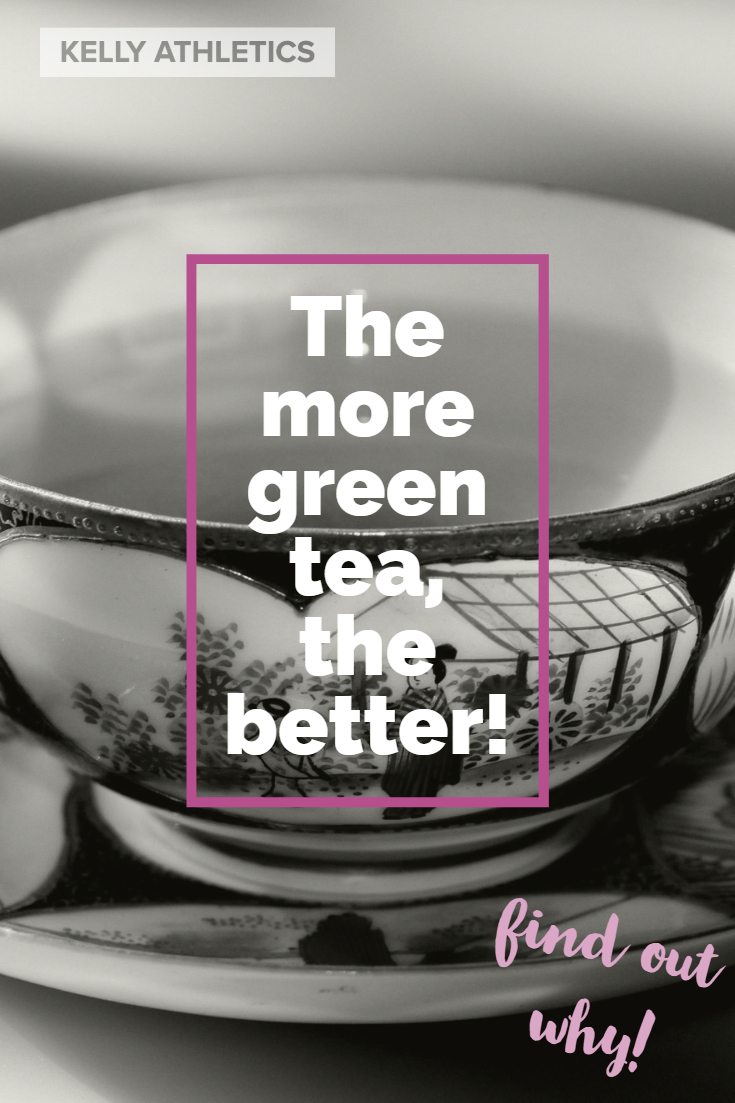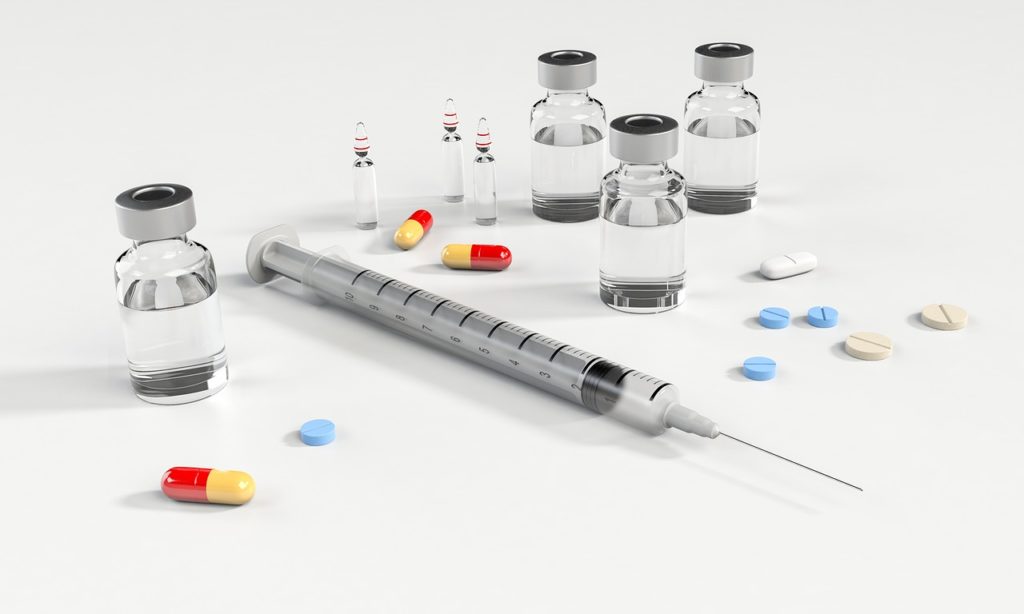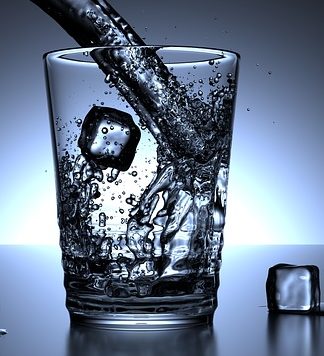
Green Tea for Cancer? See what Nutritional Science says…
The leading cause of death in America is heart disease, followed by cancer. Cancer affects roughly 1 in 3 Americans in their lifetime. Chances have it, you or someone you know has suffered or is suffering from this horrible disease. It is terrifying for those to have to go through treatment or see their family go through it. While diet and tea is not an alternative to cancer treatment, there are many natural ways to reduce cancer risk and fight off cancer cells through nutrition! Cancer cells silence tumor-suppressing genes, which can effect someone with good genetics. Green tea has been shown to reactivate these genes by simply being dripped on certain cancer cells (1). Over 1.7 MILLION Americans are expected to be diagnosed with cancer this year, and more than a third of those people are expected to die from cancer (2). Every opportunity you get to prevent cancer is another chance to extend your life. It’s amazing that something as simple as a tea plant may have the power to suppress cancer.
Three Ways to Enjoy Green Tea:
Other Green Tea Benefits
Not only can you use green tea topically for benefits, but many studies show benefits on oral consumption of green tea as well! While water is very important for hydration and my top choice, the next best drink out there is green tea! Why? Because it contains powerful antioxidants that have been shown to reduce the risk of cancer, the second leading cause of death in America (3). Green tea also activates the “alpha” brain waves which triggers the relaxation feeling people get from meditating (4). With all the stress we have to deal with on a daily basis, this is a great way to wind down – especially if you are dealing with the stress of cancer!
There are known side effects to green tea, since it contains caffeine. Ease into it with half a cup or one cup then gradually build up to more cups per day to avoid getting dehydrated or headaches. Try all the little things, and incorporate green tea into your daily routine! Regular intake of green tea can slow cancer growth, and the more cups of tea per day is associated with delayed onset of cancer (by up to 7 years for women and up to 3 years for men) in patients who do have cancer (5).
Following a plant-based diet for weight loss can be enhanced with a daily dose or two of green tea. Stay healthy and fit too with these green tea benefits.
Sources:
- Greger, Dr. Michael. “How Not to Die.” p10 of Introduction. Copyright 2015. e-ISBN 9781250066121.
- National Cancer Institute. “Cancer Statistics.” Updated April 27, 2018. https://www.cancer.gov/about-cancer/understanding/statistics Accessed 8/27/18.
- “Consumption of green tea causes rapid increase in plasma antioxidant power in humans.” I. F. Benzie, Y. T. Szeto, J. J. Strain, B. Tomlinson. Nutr Cancer. 1999; 34(1): 83-87. doi: 10.1207/S15327914NC340112. https://www.ncbi.nlm.nih.gov/pubmed/10453446. Accessed 8/27/18.
-
Effects of green and black tea consumption on brain wave activities in healthy volunteers as measured by a simplified Electroencephalogram (EEG): A feasibility study. Edward J. Okello, Awatf M. Abadi, Saad A. Abadi. Nutr Neurosci. 2016 Jun; 19(5): 196–205. Published online 2015 Feb 25. doi: 10.1179/1476830515Y.0000000008. https://www.ncbi.nlm.nih.gov/pubmed/25714035. Accessed 8/27/18.
- Greger, Dr Michael. “Can Green Tea Help Prevent Cancer?” Nutritionfacts.org. volume 35. Published March 3rd, 2017. https://nutritionfacts.org/video/can-green-tea-help-prevent-cancer/. Accessed 8/22/18.
Kelly Athletics | Author: Kelly Gibson | Holistic Nutritionist | Holistic Nutrition and Fitness | Herbal Remedies | Nutritionist Chandler AZ | Nutritionist Tempe AZ | Nutritionist Phoenix AZ | Nutritionist Arizona | Vegan Nutritionist | Plant Based Nutritionist | Plant-Based Nutritionist | Vegan Supplements | Plant-Based Supplements | Green Tea Supplements | High-Quality Green Tea | Natural Remedies
*Disclaimer: This blog is not to be taken as medical advice. Please see a physician or health practitioner prior to making any changes to your diet, medication, or treatment plan. View our Terms.






